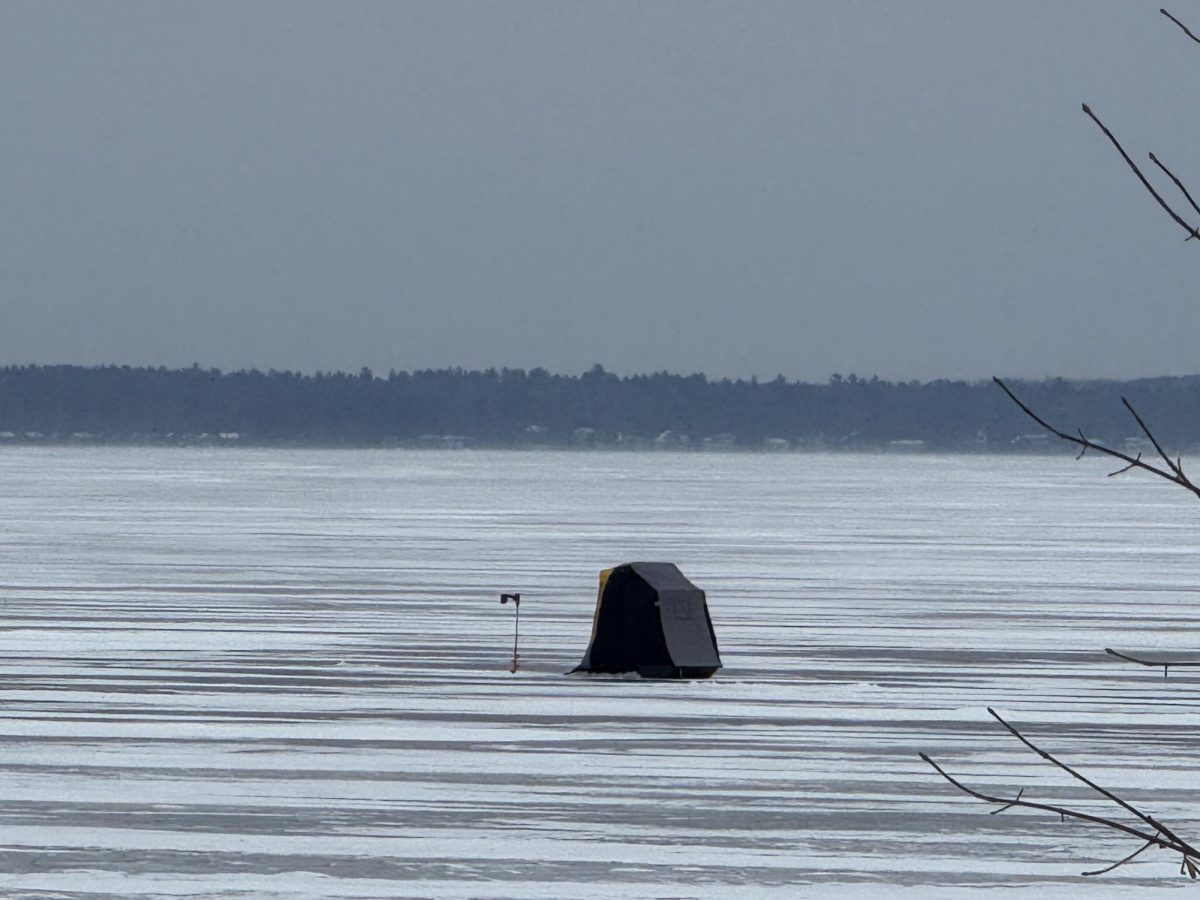Life, Liberty, & Minor Complaints: Costs of cable
A cable monopoly in the US means consumers end up paying more and getting less.
The one thing that all Americans can bond over is our collective hatred for cable companies. We all dread the time when the cable box breaks or the internet goes down, and the only person we can call is the condescending dingbat in India getting paid pennies a day to pretend to care about our issues. Additionally, the insufficient amount of competition in the broadband industry has allowed these companies to get away with treating their customers poorly, giving slower internet, and charging them the highest prices in the world for subpar service.
Comcast is the largest cable company in the United States, the largest internet provider, and also the third-largest telephone provider in the nation, while at the same time owning NBC and all of its subsidiary networks. As the largest media company in the world, it has monopolized many areas in the United States, offering consumers no alternatives to Comcast if they want access to the internet and cable TV.
Comcast, like most cable companies in the United States, typically bundles their Internet, TV, and telephone services all in one, and these bundles are bought by millions of American homes each year as well as homes in countries all over the world. In France, for example, the average household can expect to pay about $40 per month for this bundle, and they get free international calls and Internet that is ten times faster than what we have in the US, even though US customers often pay twice as much.
Interestingly, just about every developed country in the world has faster internet than the US. South Korea has the fastest at an average of 26.7 Mb/s, followed by just about every major country you can think of, and at 24th place, the US comes in with an average of 14.2 Mb/s. The main problem that the US faces in regards to Internet speed is the fact that our technology is simply outdated. We use the same copper cables that were invented by Alexander Graham Bell back when he invented the telephone, and they simply can’t handle the capacity at which we use the Internet these days.
The solution to the old copper cables is to replace them with fiber optic cables that allow data to move at the speed of light, keep data more secure, handle the bandwidth, and are easier to maintain than copper cables. The transition to fiber optic seems like such a no brainer, so why does only 23% of America even have access to it? The answer lies in incentives – the three major internet providers, Comcast, Time Warner, and Verizon, have no need to upgrade their infrastructure in order to provide the US with the same quality of Internet that is experienced by the rest of the world. They can get away with providing mediocre service and charging double what some other countries pay, so why would they want to put money into upgrading to fiber optic if they can make just as much money using outdated copper cables?
It’s a scummy move for sure, but I don’t think you can necessarily blame the telecommunications companies. I’m not trying to defend Comcast or its vast array of evil business practices, but the oligopolized system created this whole mess, not Comcast. So if it’s the system’s fault, then what created the system? The lack of competition in the broadband market is mainly the fault of unnecessary government regulations. Basically, before a cable company can deliver service in an area, it must pass through various pre-deployment barriers. These involve negotiating right of way and pole attachment contracts with local governments to place their wires above and below public and private property.
On the surface, these contracts don’t seem too unreasonable, until you realize that governments charge way more for these contracts than they should. Sometimes, they can even double the cost of construction for the companies involved. Additionally, the governments decide which companies they allow to build networks in their respective areas and what companies need to do in order to be granted access. This hinders the amount of companies that can be present in a region, which lowers competition, which makes it easier for governments to charge more for these contracts, and the vicious cycle of frivolous government regulation claims another victim.
One company that is breaking through this complicated system of regulation is Google. Since 2011, Google Fiber has been trying to expand a fiber optic network to the deserving citizens of America. Unfortunately, Google Fiber has not been allowed access to most cities across America, but two cities, Kansas City, Missouri and Austin, Texas, have granted Google Fiber access to their areas. This is mainly because these two cities have relaxed regulatory laws that allow for easier expansion.
Kansas City and Austin both allowed Google a right of way for a reasonable price and allowed Google to set up their networks on their own terms without unnecessary government supervision. Additionally, Missouri and Texas only require one license for the entire state, which will make expansion within those states easier for Google. Google Fiber gives residents access to faster speeds, while at the same time driving down local prices by creating competition, increasing satisfaction for all consumers.
While the slow expansion of fiber optic networks within the US is promising, further changes to local government policy need to be instituted in order for nationwide coverage of fiber optic. The success of fiber optic in a given area is largely dependent on local government regulations, and if we can see a decrease in the current level of unnecessary regulation and make way for competition within the broadband industry, we can expand fiber optic and create a satisfactory level of competition to give American consumers the quality of service that they deserve.











































